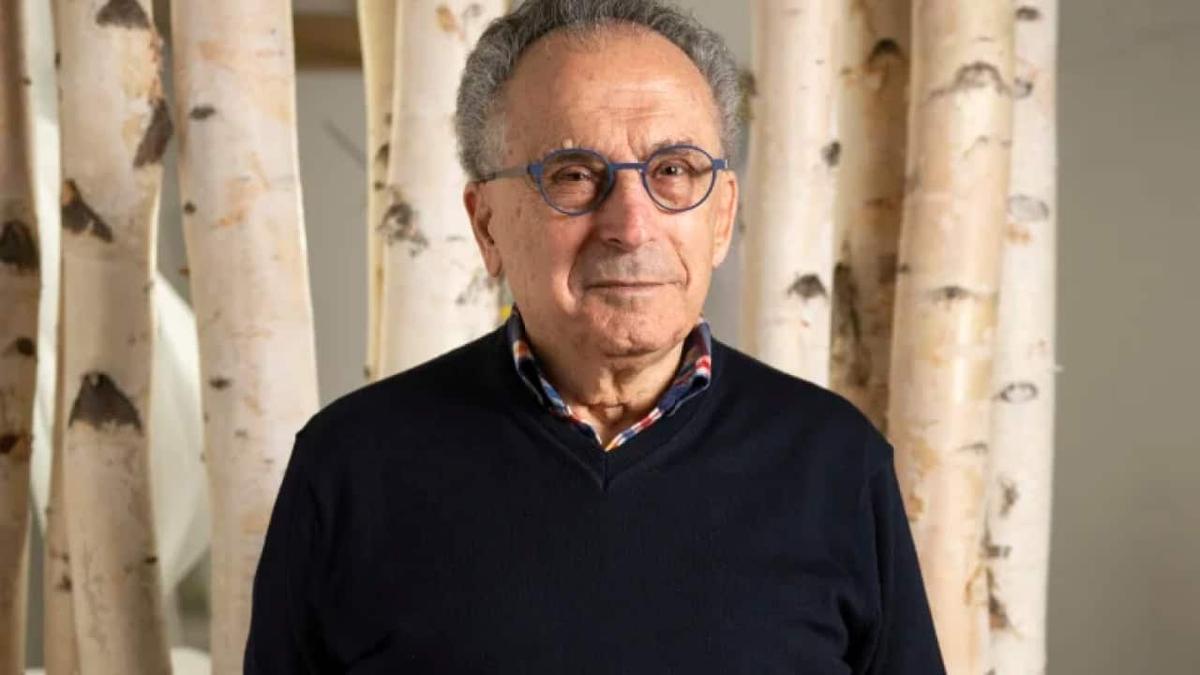From the Principal:
Winter holidays and reflections on our visit to the Melbourne Holocaust Museum

From the Principal:
Winter holidays and reflections on our visit to the Melbourne Holocaust Museum
These winter school holidays are a special time to slow down, reconnect and spend time together as a family. While rest and idleness have their place, I also encourage you to seek out something new—an experience, an adventure or simply a change of scene—whether in Wangaratta, nearby or further afield. I'll be in the snow a fair bit - a special part of living in the North East. Consider Mount Buffalo if it is new to you - plenty of snow forecast (but be prepared with snow chains and warm clothes!)
Let this break be something you make the most of. We look forward to welcoming everyone back, re-energised for Term 3.
A fortnight ago, I had the privilege of accompanying our Year 9 and 10 students on an excursion to the Melbourne Holocaust Museum, an institution dedicated to Holocaust education, research and remembrance. This visit, a significant part of our Humanities curriculum, takes place each year and often involves multiple student groups to ensure every student has the opportunity to engage with this essential learning.


The highlight of our visit was an address by Holocaust survivor Peter Gaspar OAM. Born in Bratislava, Czechoslovakia in 1937, Peter’s early life was shaped by extraordinary hardship. At the age of four, his city was occupied by the Nazis. By 1942, he was barred from attending school due to his Jewish heritage. His family went into hiding, including an extended period living in a dugout during the harsh winter of 1944. With Peter gravely ill and no realistic hope of survival underground, his parents made the devastating decision to turn themselves in to the authorities.
Peter and his mother were sent to the Terezin (Theresienstadt) concentration camp, where they were imprisoned for several months before liberation in May 1945. In his testimony to our students, Peter shared memories of deprivation, fear and separation, and described the sheer relief of being reunited with both parents after the war.
While Peter did not mention it during his address to our group, further reading reveals that he was involved as a child in a Nazi propaganda film produced at Terezin. Designed to deceive the outside world about conditions in the camp, the film presented scenes of wellbeing and culture, masking the suffering within. Peter later explained in interviews that he was given extra rations to appear healthier for the camera, a deeply unsettling manipulation that highlights the calculated cruelty of the regime.
One of the messages that resonated most strongly with our students was Peter’s reflection on silence, stillness and endurance. As a young child, he spent multiple days hidden underground with his parents, unable to speak or move. In light of this, his quiet dismissal of the modern concept of boredom struck many students deeply. Another powerful moment was his comment about food. Having come so close to starvation, he now finds it unbearable to see food wasted. These reflections prompted thoughtful conversations among students, many of whom were visibly moved by the contrast between their own daily lives and Peter’s lived experience.
After the war, Peter and his family emigrated to Australia in 1949, rebuilding their lives in Melbourne. He began his schooling here and went on to become a respected figure in Holocaust education. His contributions to the Jewish community of Victoria have been formally recognised with the Medal of the Order of Australia.
Peter’s quiet dignity and understated message had a profound effect on our students. He reminded us that the Holocaust did not begin with violence, but with prejudice, stereotyping and dehumanising language. His story is a powerful call to vigilance: to understand history, to stand up against hate, and to cherish the freedoms we might otherwise take for granted.
pe
We are deeply grateful to Peter Gaspar and to the Melbourne Holocaust Museum for this vital educational experience.
Dave Armstrong
Executive Principal
At Wangaratta High School, we are committed to maintaining a safe, respectful and inclusive environment for every student and staff member.
You may be aware that the Victorian Government has introduced changes to school suspension and expulsion powers, which will take effect from the beginning of Term 3 (Monday 21 July 2025). These changes are designed to ensure that school communities remain safe, even when behaviours of concern occur outside of school hours or off school grounds.
In exceptional circumstances, principals of Victorian government schools may now suspend or expel a student for serious behaviour that takes place outside of school, including online activity, if that behaviour poses a significant risk to the safety or wellbeing of students or staff.
These powers are limited in scope and apply only when:
Importantly:
Suspension and expulsion will continue to be used only as a last resort. Our primary focus remains on proactive and positive approaches to behaviour, including working in partnership with families to guide students in meeting expectations – both at school and beyond.
Dave Armstrong
Executive Principal